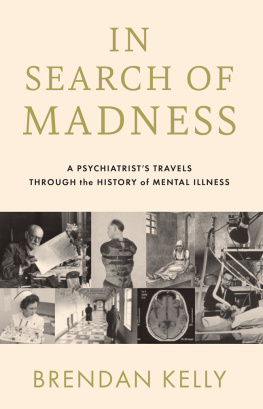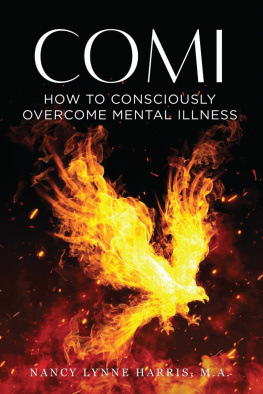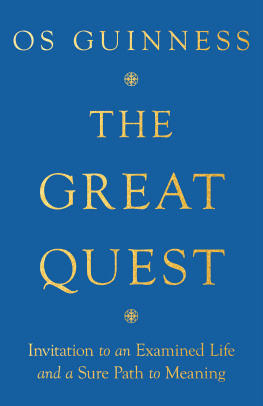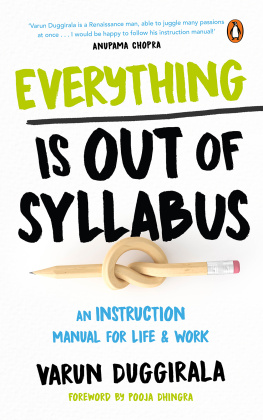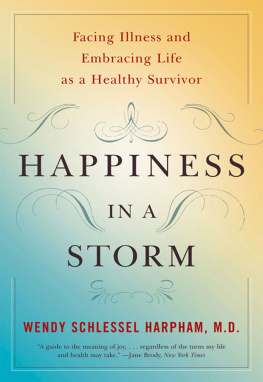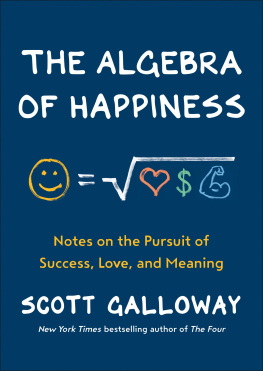IN
SEARCH OF
MADNESS
A PSYCHIATRISTS TRAVELS
THROUGH the HISTORY of MENTAL ILLNESS
BRENDAN KELLY
GILL BOOKS
This book is dedicated to Regina, Eoin and Isabel.
Contents
A Note on Language
Throughout this book, original language and terminology from the past and from various archives, reports and publications have been maintained, except where explicitly indicated otherwise. This reflects an attempt to optimise fidelity to historical sources and does not reflect an endorsement of the broader use of such terminology in contemporary settings. The term madness, in particular, is used in a solely historical sense, as in the titles of leading books such as Roy Porters Madness: A Brief History (Oxford: Oxford University Press, 2002), Andrew Sculls Madness in Civilization: A Cultural History of Insanity from the Bible to Freud, from the Madhouse to Modern Medicine (London: Thames & Hudson Ltd, 2015) and Mike Jays This Way Madness Lies: The Asylum and Beyond (London: Thames & Hudson Ltd, Wellcome Collection, 2016).
Content Warning
This book discusses issues such as depression, suicide, self-harm, mental illness and related matters in direct terms, in order to demystify them and to delineate and understand them better. For this reason, certain readers might find certain sections distressing.
Introduction
What Is Mental Illness?
I n 1684, Nathaniel Lee, an exuberant Restoration playwright, was committed to Bethlem lunatic asylum in London (widely known as Bedlam). Lee objected vociferously: They called me mad, and I called them mad, and damn them, they outvoted me.
Lee was discharged, recovered, after five years in Bedlam. He died in a drunken fit three years later, but his comments about madness retain their resonance today, over three centuries later. Who is mad and who is not? Who decides?
There are two key reasons why Lees words echo today. In the first place, the fear of serious mental illness remains one of the most basic fears to haunt the human psyche. Most of us secretly worry about our sanity, at least from time to time. All of us dread the prospect of mental illness, holding, as we do, our rationality and autonomy at the core of our identity. If we lose those, what is left? Lee saw his rationality impaired and autonomy taken away, emerging from the asylum after five years in a quieter state, but far from cured. Soon, he died. His story is a terrifying one. Could this happen to me?
The second reason we fear mental illness is that its borderlines have never been clearly defined. In Lees case, his fate was decided by a consensus of experts. Today, psychiatric diagnoses and their implications are decided by a complex mixture of doctors, psychologists, other mental health professionals and, occasionally, judges in courtrooms. Formal criteria for diagnosing mental illness, in handbooks published by the World Health Organization and the American Psychiatric Association, have never been so detailed, but have also paradoxically never been more negotiable.
On paper at least, many diagnostic decisions depend on the severity of such common feelings as anxiety and depression, with the result that the demarcation between the mentally well and the mentally ill is sometimes unclear. When does unhappiness become depression? At what point does a tendency to check the locks and windows shade into obsessive-compulsive disorder? What differentiates a general mistrust of other humans from paranoia, delusions and psychosis, indicating a significant break from reality?
In other words, how can we know who is mentally ill and who is not? Which am I today? Which will I be tomorrow?
As a psychiatrist a medical doctor who specialises in the treatment of mental illness I am only too familiar with these problems and dilemmas. They are not without basis. Much is uncertain in this field. Everything is contested.
But neither is the situation quite as unfocussed or arbitrary as is often feared. No one can deny the reality of psychological suffering. Few can ignore the impulse to help a person whose mental distress is both obvious and solvable. These things are real.
Against this background, the practice of psychiatry remains a very human endeavour that is largely understandable if we look carefully at the broader landscape in which it developed. It is essential that we take this wide view, examining psychiatry from a range of perspectives, not just a scientific one. People with mental illness deserve no less.
While recent decades have seen increased research into the human brain, our restricted understanding of the science of the mind greatly limits the benefits from recent advances in brain sciences. As a result, and despite the best efforts of generations of researchers, recent neuroscience does not shape the experiences of most people with mental illness to any significant degree. We have treatments that work very well, but social conditions and cultural attitudes still loom large. Brain science is certainly an increasing part of the story, but it is not the full story, nor even the greater part of the story, even today.
For a better and deeper understanding of mental illness, then, we need to look not only at scientific studies of the brain from the 1800s to today, but also at the social history: evolving social expectations of psychiatry over this time; the contested history of this most contested of disciplines; the evolving roles of culture and geography; and a range of other factors that have always determined social responses to mental illness. That is what this book is about.
In one sense, this is a travel book. In the course of my story, I visit Ireland, England, Belgium, Italy, Germany, India and the United States. There are lessons everywhere.
This is also a history book, looking at the past as much as the present, and using both to outline prospects for the future. Most of all, this is a book about mental illness and what we can do to help, illustrated by case histories and my experiences as a doctor and psychiatrist.
I conclude with a manifesto for change. Drawing on the travels, thoughts and explorations in preceding chapters, I outline ways to improve the experiences of people with mental illness and their families.
This matters to everyone, not just people with mental illness or problems with mental health. We suffer, heal and help each other in families, communities and societies.
We must do better. Together, we can.
Chapter 1
Psychiatry: Haunted by Institutions
I first meet John in a psychiatry outpatient clinic in Ireland. I am the new psychiatrist and John is a long-standing patient of the mental health service. John is in his sixties when I meet him. Four decades earlier, he spent 22 years in the local mental hospital, diagnosed with schizophrenia. Johns old case notes strongly support this diagnosis. He was clearly very mentally ill at the outset: hearing voices, believing his food was poisoned and insisting that the radio was talking about him.
John was discharged from the hospital 18 years ago when a community residence operated by the mental health service opened on a nearby street. He has lived there ever since. At the community residence, John is free to come and go as he pleases. Mental health staff call in three times a week to check how the residents are getting on and help solve any problems they might have. The staff know John and the other residents very well.
John is receiving long-term treatment with antipsychotic medication administered by injection once every four weeks. He has not required hospital admission at any point following his discharge to the community residence. None of the residents have been admitted. Neighbours comment that theirs is the quietest house on the street

